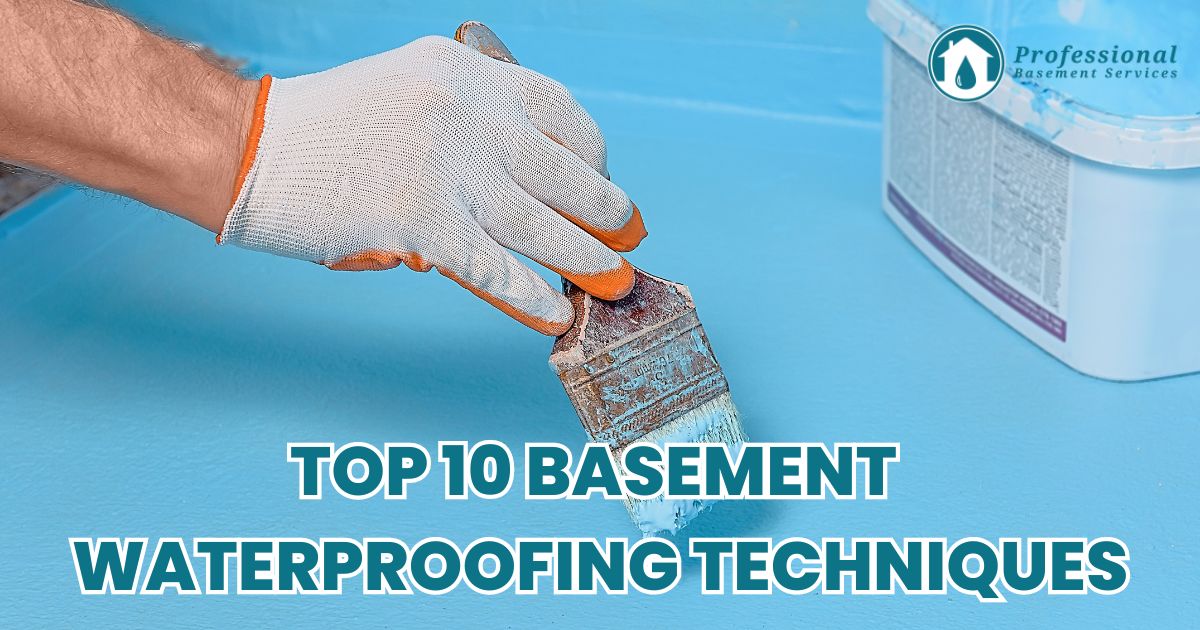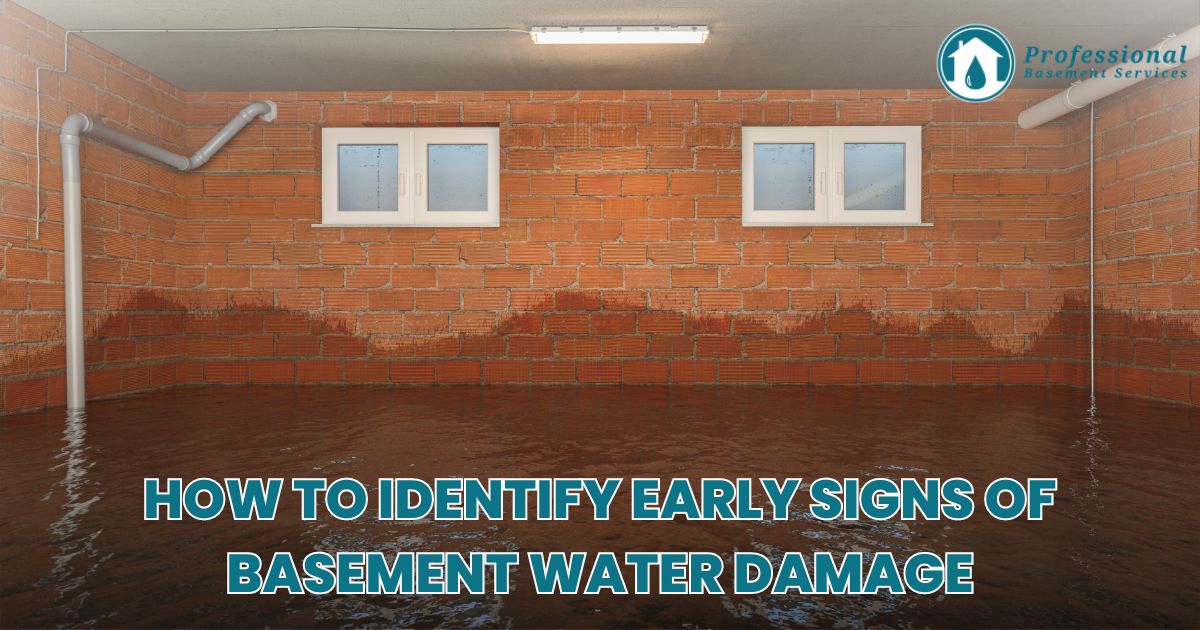Say Goodbye to Musty Smells: Tips for a Fresher, Odor-Free Basement
Musty smells in the basement are a common issue faced by homeowners, emanating from mold, mildew, and dampness trapped in this lower area of the house. Not only do these odors create an unpleasant atmosphere, but they can also signal the presence of harmful elements that might affect your home’s air quality and your family’s health. Fortunately, with the right strategies, achieving a fresher, odor-free basement is within reach. This article explores practical tips and solutions to banish musty smells and maintain a healthy living environment.
Understanding the Source
Before diving into solutions, it’s crucial to understand what causes musty smells in basements. Typically, these odors arise from mold and mildew growth, which thrive in moist, poorly ventilated areas. Leaks, condensation, and inadequate drainage can all contribute to excessive moisture, creating the perfect breeding ground for these unwanted guests.
Effective Strategies for a Fresher Basement
Improve Ventilation
Poor ventilation is a primary culprit behind musty basement smells. Enhancing air circulation can significantly reduce moisture levels, discouraging mold and mildew growth. Consider installing vents or using fans and dehumidifiers to keep air moving and humidity under control.
Tackle Humidity
Controlling humidity is key to maintaining a fresh basement. A dehumidifier can be a powerful ally in this battle, removing excess moisture from the air. Aim to keep humidity levels between 30-50% to prevent mold growth and eliminate musty odors.
Address Water Issues
Identify and fix any sources of water leakage or seepage. This may involve repairing foundation cracks, improving exterior drainage, or installing a sump pump. Keeping your basement dry is essential for preventing mold growth and musty smells.
Clean and Disinfect
Regular cleaning can help control musty odors. Remove any moldy items, and clean surfaces with a mixture of water and white vinegar or a mold-killing solution. Don’t forget to clean carpets, curtains, and upholstery, which can harbor mold spores.
Use Natural Odor Absorbers
Natural odor absorbers, such as baking soda, charcoal, or coffee grounds, can help neutralize unpleasant smells. Place bowls of these materials around your basement to absorb musty odors.
Seal the Basement
Prevent moisture from entering by sealing your basement. Apply waterproof paint to walls, seal cracks and openings, and ensure windows are properly caulked. A well-sealed basement is less likely to develop moisture problems and musty smells.
Maintain Gutters and Downspouts
Ensure gutters and downspouts are clean and functioning correctly. They should direct water away from your home’s foundation to prevent moisture from seeping into the basement.
Consider Professional Help
If you’ve tried these strategies and still struggle with musty basement smells, it may be time to consult a professional. Waterproofing companies and mold remediation experts can offer solutions tailored to your specific situation.
Frequently Asked Questions
Q: How often should I run a dehumidifier in my basement?
A: The frequency depends on your basement’s humidity levels. In damp conditions, you may need to run it continuously. Use a hygrometer to monitor humidity and adjust accordingly.
Q: Can plants help improve air quality in the basement?
A: Yes, certain plants can help purify the air. Spider plants, peace lilies, and English ivies are known for their air-purifying properties and can thrive in lower light conditions.
Q: Is it safe to ignore musty smells if I don’t see mold?
A: No, musty smells often indicate the presence of mold or mildew, even if it’s not visible. Ignoring the issue can lead to health problems and further damage to your home.
Conclusion
Eliminating musty smells from your basement is crucial for creating a healthier, more pleasant living space. By understanding the causes of these odors and implementing the tips outlined above, you can enjoy a fresher, odor-free basement. Remember, the key to success lies in addressing moisture issues, improving ventilation, and maintaining cleanliness. With a proactive approach, you can say goodbye to musty smells for good.





